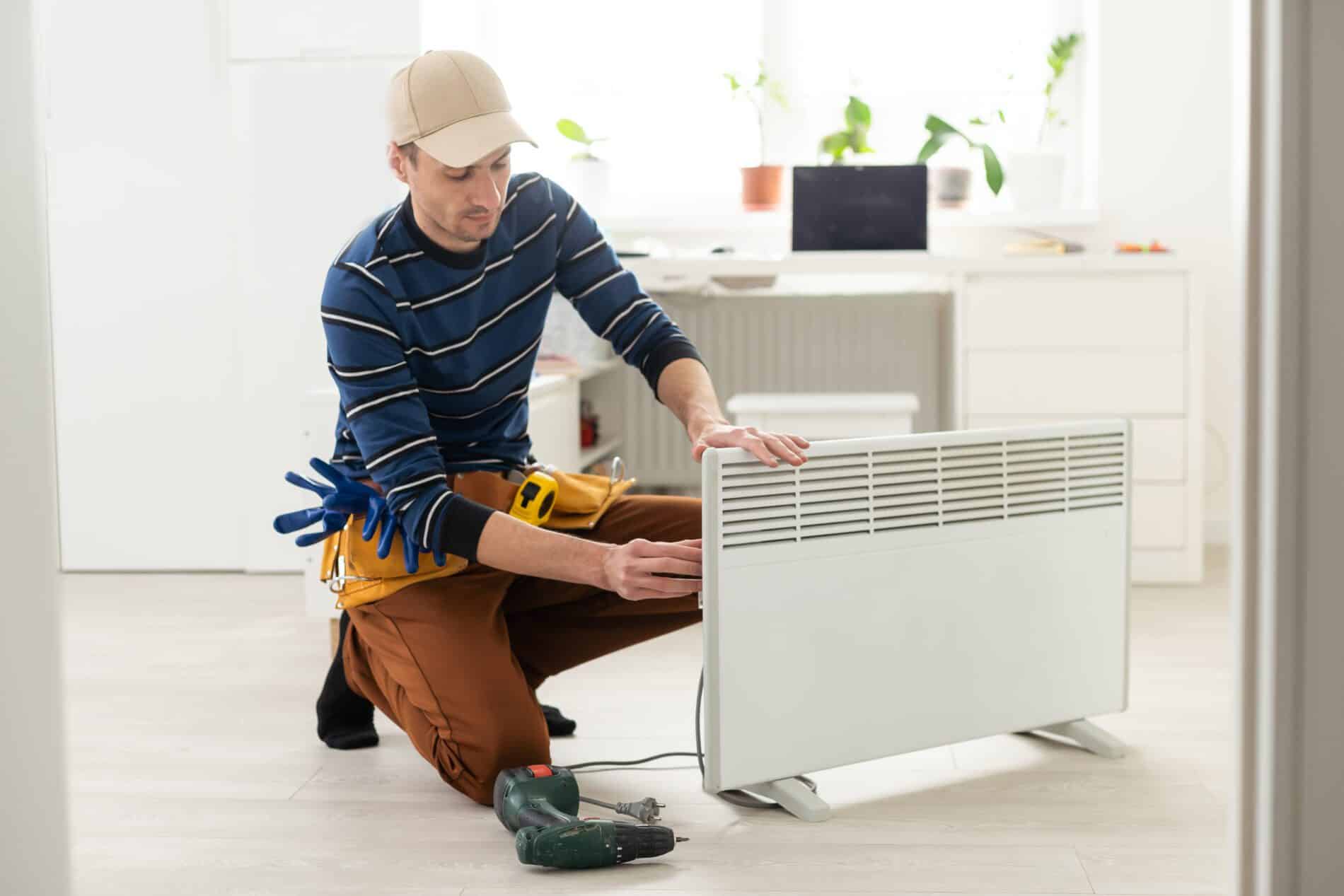Identifying And Solving Everyday Heater Difficulties
Identifying And Solving Everyday Heater Difficulties
Blog Article
They are making a number of great pointers regarding Water Heater Repair and Troubleshooting in general in this article beneath.

Picture beginning your day without your regular hot shower. That already establishes a poor tone for the rest of your day.
Every house needs a reputable water heater, but just a few recognize just how to manage one. One easy method to keep your hot water heater in leading form is to look for faults frequently and also repair them as quickly as they show up.
Bear in mind to switch off your hot water heater prior to smelling around for mistakes. These are the hot water heater faults you are probably to come across.
Water as well hot or too cool
Every hot water heater has a thermostat that figures out exactly how hot the water gets. If the water coming into your residence is also hot despite establishing a practical maximum temperature level, your thermostat could be defective.
On the other hand, too cold water might be because of a failed thermostat, a busted circuit, or improper gas circulation. For instance, if you make use of a gas water heater with a busted pilot light, you would certainly get cold water, even if the thermostat remains in ideal condition. For electric heating systems, a blown fuse may be the wrongdoer.
Insufficient warm water
Hot water heater been available in several sizes, depending upon your warm water demands. If you run out of warm water prior to everyone has had a bath, your hot water heater is also little for your family size. You should take into consideration installing a bigger hot water heater container or selecting a tankless water heater, which uses up much less space and is much more durable.
Odd noises
There go to the very least 5 sort of sounds you can speak with a hot water heater, but one of the most common interpretation is that it's time for the hot water heater to retire.
Firstly, you ought to know with the typical seems a water heater makes. An electrical heater might appear various from a gas-powered one.
Standing out or banging audios generally imply there is a slab of sediment in your containers, and also it's time to cleanse it out. On the other hand, whistling or hissing noises may simply be your shutoffs letting some pressure off.
Water leakages
Leaks can originate from pipes, water links, valves, or in the worst-case scenario, the container itself. In time, water will certainly rust the tank, and also discover its way out. If this occurs, you need to change your water heater asap.
Nevertheless, prior to your modification your entire container, be sure that all pipes remain in place and that each shutoff functions flawlessly. If you still need assistance determining a leak, call your plumber.
Rust-colored water
Rust-colored water means among your hot water heater elements is corroded. Maybe the anode rod, or the tank itself. Your plumber will have the ability to recognize which it is.
Lukewarm water
Regardless of exactly how high you set the thermostat, you won't obtain any warm water out of a heating system well past its prime. A hot water heater's effectiveness may reduce with time.
You will additionally obtain warm water if your pipes have a cross link. This indicates that when you switch on a tap, warm water from the heating system streams in alongside regular, cold water. A cross connection is very easy to area. If your hot water taps still run after closing the water heater shutoffs, you have a cross connection.
Discoloured Water
Rust is a significant reason for filthy or discoloured water. Rust within the water storage tank or a stopping working anode rod might create this discolouration. The anode rod shields the tank from rusting on the within and need to be checked annual. Without a rod or an effectively operating anode rod, the hot water swiftly wears away inside the tank. Contact an expert water heater technician to establish if replacing the anode rod will take care of the issue; otherwise, change your hot water heater.
Conclusion
Ideally, your water heater can last one decade prior to you need a change. However, after the 10-year mark, you may experience any of these faults more frequently. At this moment, you must add a brand-new hot water heater to your budget plan.
How To Troubleshoot 3 Common Water Heater Problems in Twin Cities
The Water Heater Is Leaking
A leaky cold water inlet valve A loose pipe fitting A leaky temperature and pressure relief valve A corroded anode rod A cracked tank Turn Off Your Water Heater:
Shut off your gas water heater by turning the gas valve on the unit to the “OFF” position. Shut off your electric water by switching its power off at your electrical panel. Look for a two-pole breaker labeled “water heater” and turn it to the “OFF” position. Move the ball valve connected to the water heater to be perpendicular to the piping at a 90° angle. Look for the Leak:
Depending on whether the water is coming from the tank's top or bottom, you’ll want to look for the leak in different locations.
If the leak comes from the top of the tank, carefully look for water escaping from the cold water inlet valve or loose pipe fittings. Rusted hot and cold water valves can have loose connections with the tank, with water leaking out of them.
https://mspplumbingheatingair.com/blog/how-to-troubleshoot-3-common-water-heater-problems
We had been shown that write-up about Water Heater Repair and Troubleshooting from a good friend on our other blog. Do you know another individual who is inquisitive about the subject? Take a moment to share it. Thank you so much for going through it.
24/7 ready, dial! Report this page